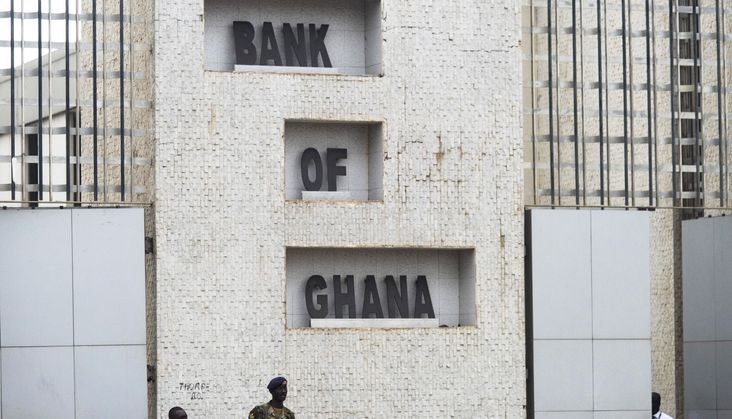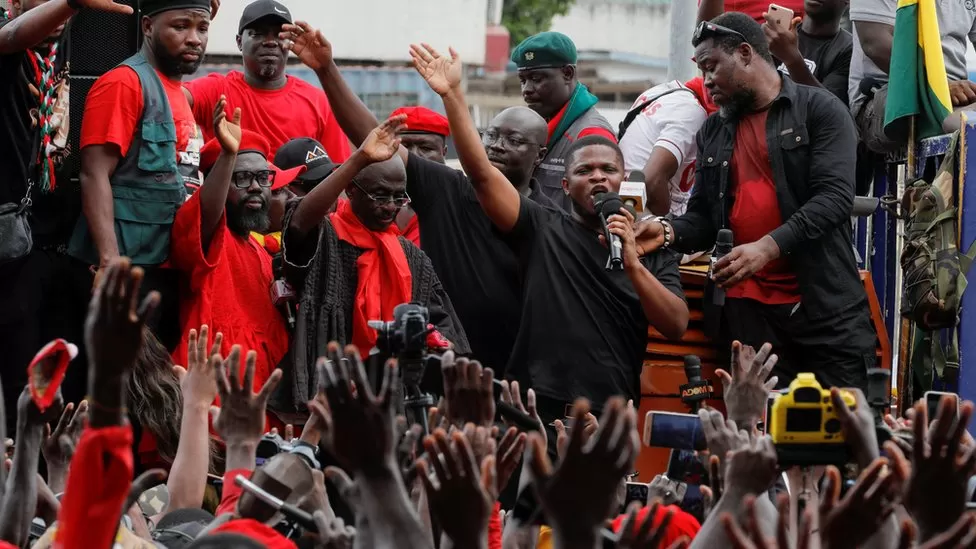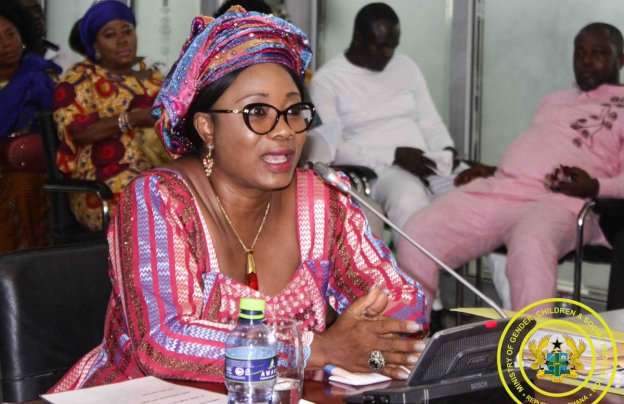Ghana is going through a financial sector crisis, most Ghanaians are either feeling the crunch directly or lucky enough to watch it unravel in the news.
On August 1, the Bank of Ghana announced the revocation of the banking licenses of 5 universal banks.
Beige Bank, Construction Bank, Royal Bank, Sovereign Bank and Unibank.
Why is the Bank of Ghana doing this?
Simply put, the banks have become insolvent, meaning their liabilities have far outweighed their assets and put them in a position where they cannot meet liquidity demands. The business of banking relies on the liquid asset of cash. The inability of a financial institution to meet cash demands is a crisis.
These banks are so badly run down that shareholders funds have been eroded down into depositor funds.
The Central Bank reports that Sovereign Bank’s license was obtained under false pretenses, meaning they had set out deliberately to cheat the system.
Beige and Construction Bank had done even worse by obtaining their licenses using fictitious and nonexistent capital.
Although the banks are 5, there is more public attention on Unibank because it is the biggest of the affected banks and has already been in the news for liquidity challenges.  Earlier On March 20, 2018, the bank of Ghana appointed KPMG as official administrator of Unibank.
Reason being that Unibank had persistently maintained a capital adequacy ratio (CAR) below zero and was running a CAR of negative 24%.
Note that Minimum CAR in Ghana is set at 10%.
KPMG released a 90 day report on the state of Unibank’s books which showed that Unibank remains balance sheet insolvent.
The report also shows that Unibank’s operations are not sustainable, “Among other things, the bank’s interest income and other sources of income are insufficient to cover the associated cost of funds of underlying borrowings and liabilities, as well as overheads of about GH¢0.31 billion per annum”. It’s loan book is non-performing and the earning capacity of the bank continues to deteriorate, the bank’s governance and internal control environments are also reported as weak with significant deficiencies in credit underwriting and loan approval process, compliance and reporting.
The bank of Ghana intervened by law as the regulator to create the Consolidated Bank Ghana Limited (fully capitalized with 450 Million Ghana Cedis) which assumed responsibility over all 5 banks.
The Government also provided financial support by issuing a bond to the tune of 5.76 billion Ghana Cedis. I have not been able to find information on the coupon rate of the bond, but the figure is bound to have an adverse effect on Ghana’s debt stock.
Let’s take a fast look at the causes of bank failure in Ghana so far.
1. Bad Loans.
2. Inappropriate loans to bank insiders.
3. Rogue Employees.
4. Bad Risk Management decisions.
5. Proprietary trading.
6. Asset liability mismatch.
7. Involvement in non-banking activities.
8. Poor Corporate Governance,
Earlier On March 20, 2018, the bank of Ghana appointed KPMG as official administrator of Unibank.
Reason being that Unibank had persistently maintained a capital adequacy ratio (CAR) below zero and was running a CAR of negative 24%.
Note that Minimum CAR in Ghana is set at 10%.
KPMG released a 90 day report on the state of Unibank’s books which showed that Unibank remains balance sheet insolvent.
The report also shows that Unibank’s operations are not sustainable, “Among other things, the bank’s interest income and other sources of income are insufficient to cover the associated cost of funds of underlying borrowings and liabilities, as well as overheads of about GH¢0.31 billion per annum”. It’s loan book is non-performing and the earning capacity of the bank continues to deteriorate, the bank’s governance and internal control environments are also reported as weak with significant deficiencies in credit underwriting and loan approval process, compliance and reporting.
The bank of Ghana intervened by law as the regulator to create the Consolidated Bank Ghana Limited (fully capitalized with 450 Million Ghana Cedis) which assumed responsibility over all 5 banks.
The Government also provided financial support by issuing a bond to the tune of 5.76 billion Ghana Cedis. I have not been able to find information on the coupon rate of the bond, but the figure is bound to have an adverse effect on Ghana’s debt stock.
Let’s take a fast look at the causes of bank failure in Ghana so far.
1. Bad Loans.
2. Inappropriate loans to bank insiders.
3. Rogue Employees.
4. Bad Risk Management decisions.
5. Proprietary trading.
6. Asset liability mismatch.
7. Involvement in non-banking activities.
8. Poor Corporate Governance,
- Political interference
- Funding Issues and finally,
- Bank run which is usually a final result. It occurs when many depositors rush to withdraw their funds at the same time. This happens when depositors have lost confidence in the financial institution.
[caption id="attachment_93772" align="aligncenter" width="600"]
 Five Managing Directors of the dissolved banks: L-R: Stephen Kpordzih (Construction Bank) Osei Asafo – Adjei (Royal Bank) Dr Duffuor II (uniBank), Johan Rheeder (Royal Bank) , Mike Nyinaku (Beige Bank)[/caption]
Why am I calling it a crisis?
Five Managing Directors of the dissolved banks: L-R: Stephen Kpordzih (Construction Bank) Osei Asafo – Adjei (Royal Bank) Dr Duffuor II (uniBank), Johan Rheeder (Royal Bank) , Mike Nyinaku (Beige Bank)[/caption]
Why am I calling it a crisis?
 Author[/caption]
By Nuong Faalong | Ghana
Note: Ghana Rising is my fortnightly column on Ghana’s pressing issues.
Talk to me on [email protected].
]]>
Author[/caption]
By Nuong Faalong | Ghana
Note: Ghana Rising is my fortnightly column on Ghana’s pressing issues.
Talk to me on [email protected].
]]> 















